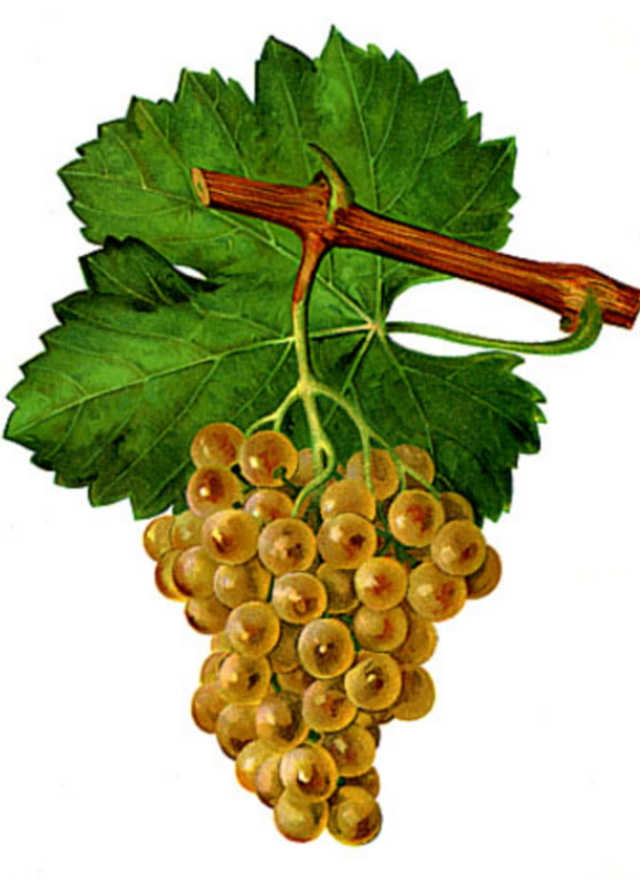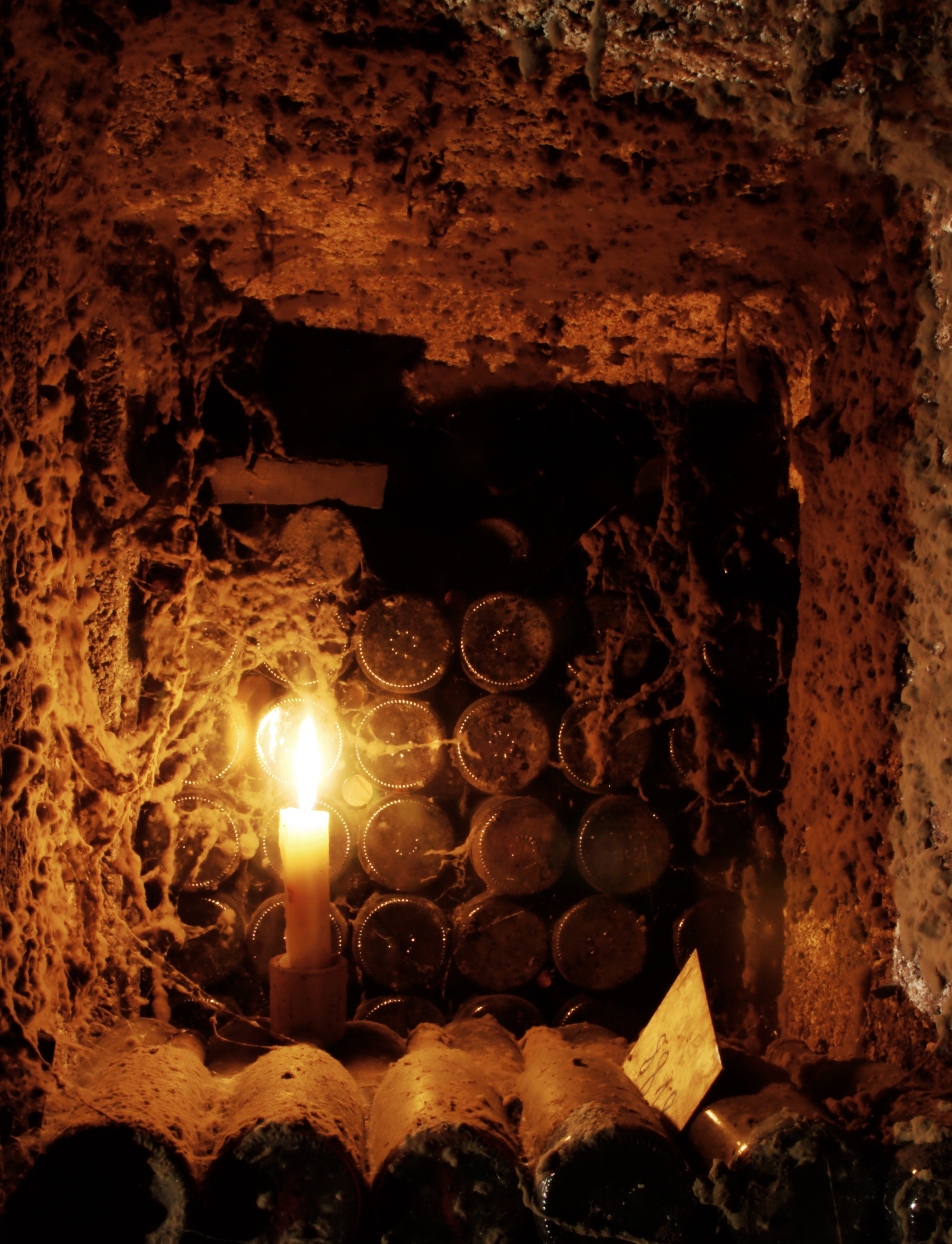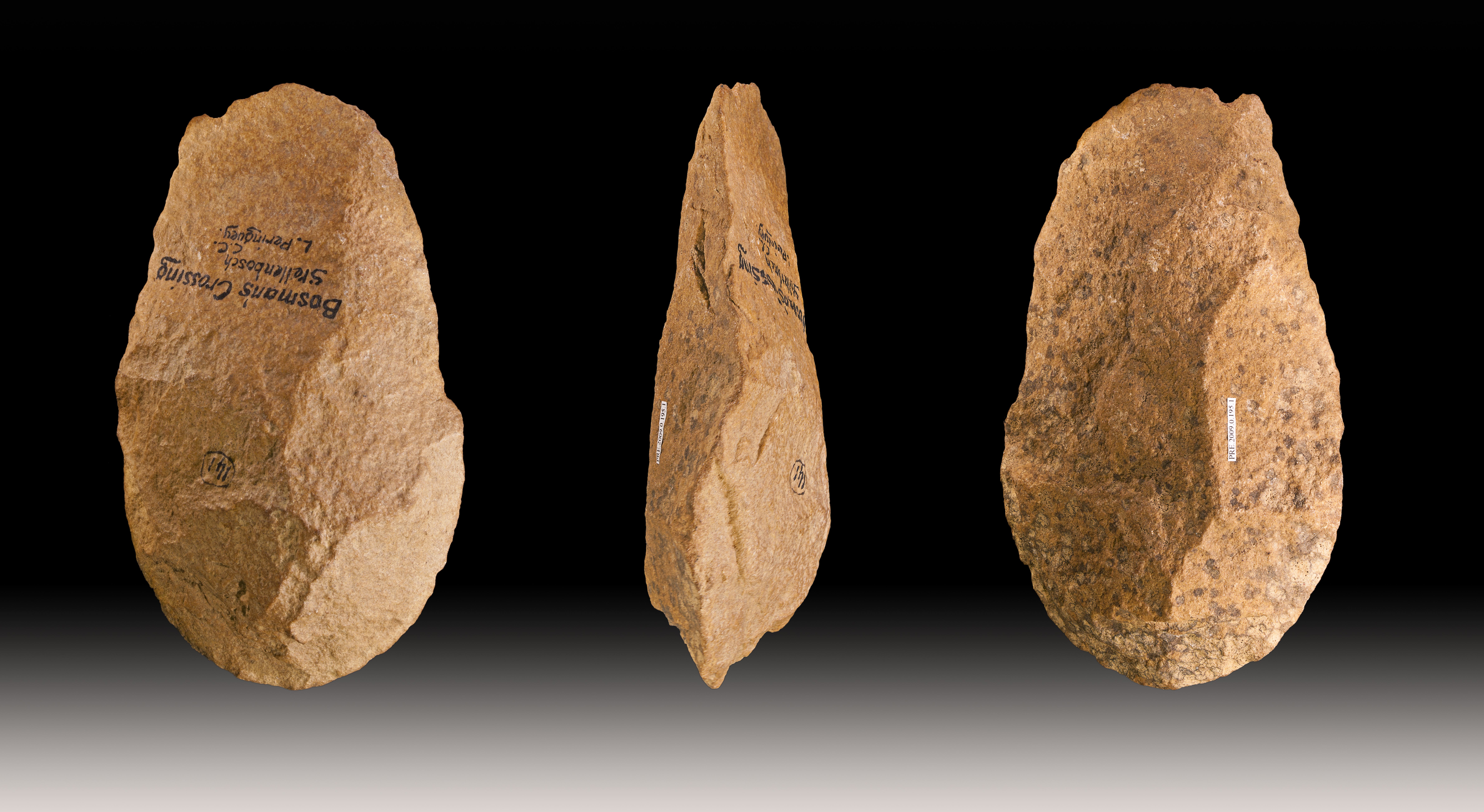|
Crouchen
Crouchen is a white South African and Australian wine grape variety that originated in the western Pyrenees of France but is now virtually extinct in France due to its high susceptibility to fungal diseases like powdery and downy mildew. The grape is known under a wide variety of synonyms including Clare Riesling and Cape Riesling though it is not related to the well known international variety Riesling.J. Robinson ''Jancis Robinson's Guide to Wine Grapes'' pg 53 Oxford University Press 1996 Recent European Union regulation aimed at standardizing wine labelling laws has encouraged wineries to move away from these synonyms but their use still persists.T. Stevenson ''The Sotheby's Wine Encyclopedia'' Fifth Edition pg 51 Dorling Kindersley (2011) History Records indicate that Crouchen was first shipped from France to the Clare Valley in South Australia in 1850. From there the grape became misidentified as both Semillon and Riesling before eventually being considered by the Aus ... [...More Info...] [...Related Items...] OR: [Wikipedia] [Google] [Baidu] |
Grape Variety
This list of grape varieties includes cultivated grapes, whether used for wine, or eating as a table grape, fresh or dried (raisin, currant, sultana). For a complete list of all grape species including those unimportant to agriculture, see Vitis. The term ''grape variety'' refers to cultivars rather than actual botanical varieties according to the International Code of Nomenclature for Cultivated Plants, because they are propagated by cuttings and may have unstable reproductive properties. However, the term ''variety'' has become so entrenched in viticulture that any change to using the term ''cultivar'' instead is unlikely. Single species grapes While some of the grapes in this list are hybrids, they are hybridized within a single species. For those grapes hybridized across species, known as interspecific hybrids, see the section on multispecies hybrid grapes below. ''Vitis vinifera'' (wine) Red grapes White grapes Rose Grapes ''Vitis vinifera'' (table) ... [...More Info...] [...Related Items...] OR: [Wikipedia] [Google] [Baidu] |
South African (wine)
South African wine has a history dating back to 1659 with the first bottle being produced in Cape Town by its founder and gouverner Jan van Riebeeck. Access to international markets led to new investment in the South African wine market. Production is concentrated around Cape Town, with major vineyard and production centres at Constantia, Paarl, Stellenbosch and Worcester. There are about 60 appellations within the Wine of Origin (WO) system, which was implemented in 1973 with a hierarchy of designated production regions, districts and wards. WO wines must only contain grapes from the specific area of origin. "Single vineyard" wines must come from a defined area of less than 6 hectares. An "Estate Wine" can come from adjacent farms if they are farmed together and wine is produced on site. A ward is an area with a distinctive soil type or climate and is roughly equivalent to a European appellation. History The roots of the South African wine industry can be traced to the expl ... [...More Info...] [...Related Items...] OR: [Wikipedia] [Google] [Baidu] |
Riesling
Riesling (, ; ) is a white grape variety that originated in the Rhine region. Riesling is an aromatic grape variety displaying flowery, almost perfumed, aromas as well as high acidity. It is used to make dry, semi-sweet, sweet, and sparkling white wines. Riesling wines are usually varietally pure and are seldom oaked. , Riesling was estimated to be the world's 20th most grown variety at (with an increasing trend),J. Robinson (ed) ''The Oxford Companion to Wine'' Third Edition, Oxford University Press 2006, p. 746: ''"Vine varieties"'', . but in terms of importance for quality wines, it is usually included in the "top three" white wine varieties together with Chardonnay and Sauvignon blanc. Riesling is a variety that is highly "''terroir''-expressive", meaning that the character of Riesling wines is greatly influenced by the wine's place of origin. In cool climates (such as many German wine regions), Riesling wines tend to exhibit apple and tree fruit notes with noticeable leve ... [...More Info...] [...Related Items...] OR: [Wikipedia] [Google] [Baidu] |
Vitis Vinifera
''Vitis vinifera'', the common grape vine, is a species of flowering plant, native to the Mediterranean region, Central Europe, and southwestern Asia, from Morocco and Portugal north to southern Germany and east to northern Iran. There are currently between 5,000 and 10,000 varieties of ''Vitis vinifera'' grapes though only a few are of commercial significance for wine and table grape production. The wild grape is often classified as ''Vitis vinifera'' ''sylvestris'' (in some classifications considered ''Vitis sylvestris''), with ''Vitis vinifera'' ''vinifera'' restricted to cultivated forms. Domesticated vines have hermaphrodite flowers, but ''sylvestris'' is dioecious (male and female flowers on separate plants) and pollination is required for fruit to develop. Grapes can be eaten fresh or dried to produce raisins, sultanas, and currants. Grape leaves are used in the cuisine of many cultures. The fresh grapes can also be processed into juice that is fermented to make wine ... [...More Info...] [...Related Items...] OR: [Wikipedia] [Google] [Baidu] |
Vitis International Variety Catalogue
The Vitis International Variety Catalogue (VIVC) is a database of various species and varieties/cultivars of grapevine, the genus ''Vitis''. VIVC is administered by the Geilweilerhof Institute for Grape Breeding (''Institut für Rebenzüchtung Geilweilerhof'') in Siebeldingen, Germany, and contains information from grapevine collections existing in various institutes of viticulture around the world. As of April 2009, the information in the database brought together information from 130 institutions located in 45 countries, and contains about 18,000 entries. The database was started in 1983, and has been available online since 1996. Its initial creation was supported by the International Organisation of Vine and Wine and the International Board for Plant Genetic Resources, a forerunner of Bioversity International. The purpose of the VIVC database is to provide documentation on available grapevine genetic resources, and to be a source of information to grape breeders, viticultural ... [...More Info...] [...Related Items...] OR: [Wikipedia] [Google] [Baidu] |
Oz Clarke
Robert Owen Clarke (born 1949), known as Oz Clarke, is a British wine writer, actor, television presenter and broadcaster. Early life Clarke's parents were a chest physician and a nursing sister. He is of Irish descent and was brought up Roman Catholic. His mother was born in Graiguenamanagh. He was brought up near Canterbury with a brother and a sister. Clarke became a chorister at Canterbury Cathedral and subsequently won a choral scholarship to The King's School, Canterbury. He later attended Pembroke College, Oxford where he studied theology and psychology and became Common Room President. He played University hockey, was University punting champion, sang with Schola Cantorum, and acted with the dramatic society and the Oxford Revue at the Edinburgh Festival. He also captained the wine-tasting team. He claims to have been given his chosen name, Oz, "in the school showers" when he was 13, because he played cricket like an Australian cricketer. The Australian cricket team w ... [...More Info...] [...Related Items...] OR: [Wikipedia] [Google] [Baidu] |
Age (wine)
The aging of wine is potentially able to improve the quality of wine. This distinguishes wine from most other consumable goods. While wine is perishable and capable of deteriorating, complex chemical reactions involving a wine's sugars, acids and phenolic compounds (such as tannins) can alter the aroma, color, mouthfeel and taste of the wine in a way that may be more pleasing to the taster. The ability of a wine to age is influenced by many factors including grape variety, vintage, viticultural practices, wine region and winemaking style. The condition that the wine is kept in after bottling can also influence how well a wine ages and may require significant time and financial investment.R. Jackson ''"Wine Science: Principles and Applications"'' Third Edition, pp. 431–489, 643–671. Academic Press 2008 .R. Boulton, V. Singleton, L. Bisson, R. Kunkee ''Principles and Practices of Winemaking'', pp. 382–424. Springer 1996 New York . The quality of an aged wine varies significa ... [...More Info...] [...Related Items...] OR: [Wikipedia] [Google] [Baidu] |
Jancis Robinson
Jancis Mary Robinson OBE, ComMA, MW (born 22 April 1950) is a British wine critic, journalist and wine writer. She currently writes a weekly column for the ''Financial Times'', and writes for her website JancisRobinson.com, updated daily. She provided advice for the wine cellar of Queen Elizabeth II. Early life and education Robinson was born in Carlisle, Cumbria, studied mathematics and philosophy at St Anne's College, University of Oxford, and worked for a travel company after leaving university; according to her website, she worked in marketing for Thomson Holidays. Career Robinson started her wine writing career on 1 December 1975 when she became assistant editor for the trade magazine '' Wine & Spirit''. In 1984, she became the first person outside the wine trade to become a Master of Wine. From 1995 until she resigned in 2010 she served as British Airways' wine consultant, and supervised the BA Concorde cellar luxury selection. As a wine writer, she has become one of ... [...More Info...] [...Related Items...] OR: [Wikipedia] [Google] [Baidu] |
German Wine
German wine is primarily produced in the west of Germany, along the river Rhine and its tributaries, with the oldest plantations going back to the Ancient Rome, Roman era. Approximately 60 percent of German wine is produced in the state of Rhineland-Palatinate, where 6 of the 13 regions (''Anbaugebiete'') for quality wine are situated. Germany has about 103,000 hectares (252,000 acres or 1,030 square kilometers) of vineyard, which is around one tenth of the vineyard surface in Spain, France or Italy. The total wine production is usually around 10 million hectoliters annually, corresponding to 1.3 billion bottles, which places Germany as the eighth-largest wine-producing country in the world. White wine accounts for almost two thirds of the total production. As a wine country, Germany has a mixed reputation internationally, with some consumers on the export markets associating Germany with the world's most elegant and aromatically pure white wines while other see the country mainl ... [...More Info...] [...Related Items...] OR: [Wikipedia] [Google] [Baidu] |
Stellenbosch
Stellenbosch (; )A Universal Pronouncing Gazetteer. Thomas Baldwin, 1852. Philadelphia: Lippincott, Grambo & Co.A Grammar of Afrikaans. Bruce C. Donaldson. 1993. Berlin: Walter de Gruyter. is a town in the Western Cape province of South Africa, situated about east of Cape Town, along the banks of the Eerste River at the foot of the Stellenbosch Mountain. The town became known as the City of Oaks or ''Eikestad'' in Afrikaans and Dutch language, Dutch due to the large number of oak trees that were planted by its founder, Simon van der S ... [...More Info...] [...Related Items...] OR: [Wikipedia] [Google] [Baidu] |
Paarl
Paarl (; Afrikaans: ; derived from ''Parel'', meaning "pearl" in Dutch) is a town with 112,045 inhabitants in the Western Cape province of South Africa. It is the third-oldest city and European settlement in the Republic of South Africa (after Cape Town and Stellenbosch) and the largest town in the Cape Winelands. Due to the growth of the Mbekweni township, it is now a de facto urban unit with Wellington. It is situated about northeast of Cape Town in the Western Cape Province and is known for its scenic environment and viticulture and fruit-growing heritage. Paarl is the seat of the Drakenstein Local Municipality; although not part of the Cape Town metropolitan area, it falls within its economic catchment. Paarl is unusual among South African place-names, in being pronounced differently in English than in Afrikaans; likewise unusual about the town's name is Afrikaners customary attachment to it, saying not ''in Paarl'', but rather ''in die Paarl'', or ''in die Pêrel'' (lite ... [...More Info...] [...Related Items...] OR: [Wikipedia] [Google] [Baidu] |






_Ribbon.png)

